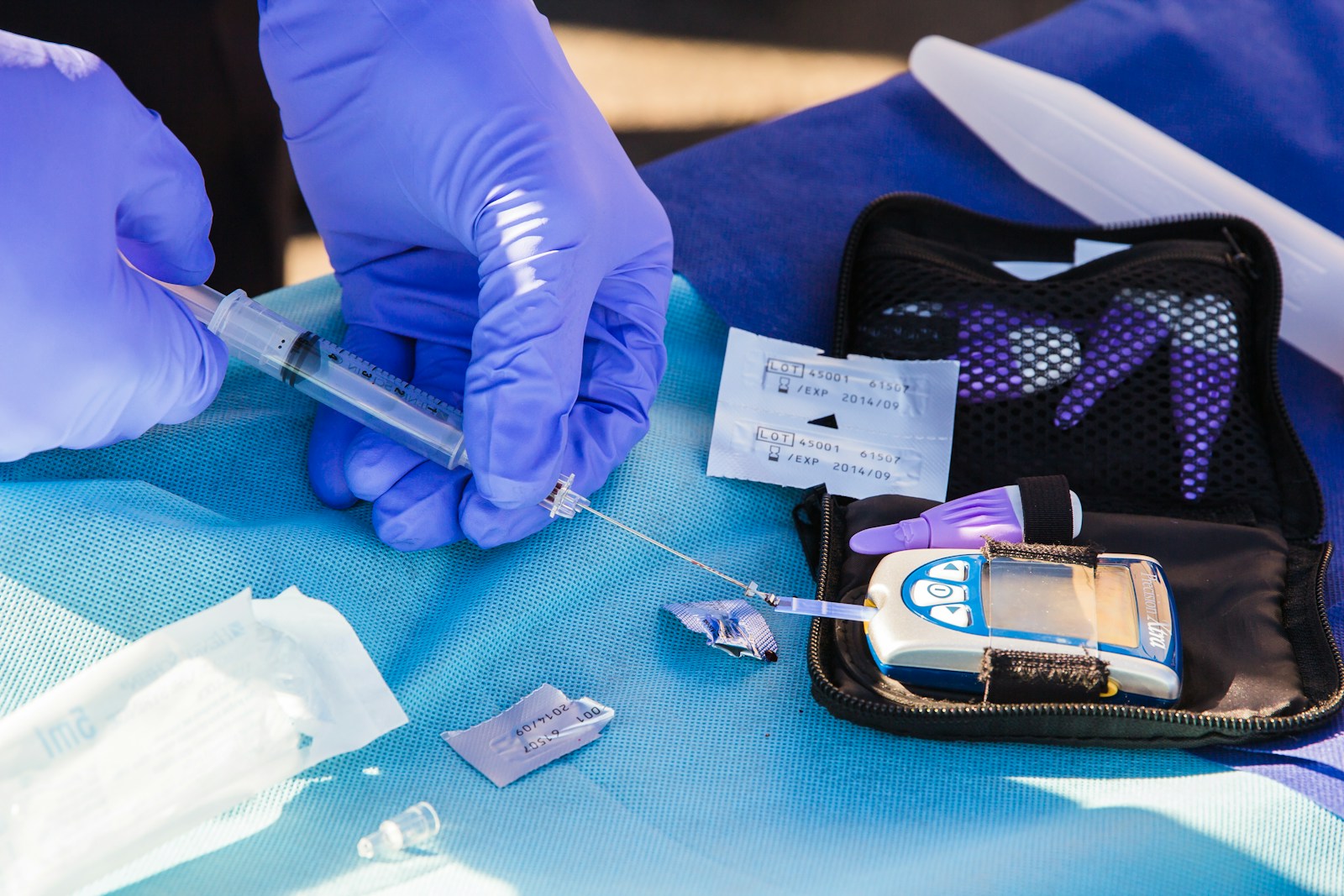Insulin resistance is a metabolic condition where cells in the body become less responsive to insulin, leading to elevated blood sugar levels. This condition is often a precursor to type 2 diabetes and is associated with various health issues, including weight gain, heart disease, and certain cancers. Addressing insulin resistance is crucial for maintaining overall health and well-being.
1. Apple Cider Vinegar (ACV)
Apple cider vinegar has been shown to improve insulin sensitivity by:
• Slowing carbohydrate digestion
• Enhancing glycogen storage
• Reducing blood sugar spikes
• Activating AMPK, an enzyme that promotes glucose uptake
To incorporate ACV into your routine, consume 1-2 tablespoons diluted in water before meals.
2. Incorporate Specific Herbs and Spices
Certain herbs and spices can positively influence insulin resistance by reducing inflammation and enhancing glucose metabolism. While the original thread does not specify which herbs and spices, commonly recommended ones include cinnamon, turmeric, and ginger.
3. Avoid a Strict Vegan Diet
The thread suggests that strict vegan diets, often high in carbohydrates and low in fats and proteins, may contribute to insulin resistance. It’s essential to ensure a balanced intake of macronutrients and essential nutrients for hormonal and metabolic health.
4. Engage in Frequent, Short Workouts
Regular physical activity helps manage blood sugar levels and improves insulin sensitivity. Incorporate quick home workouts, lasting about 15 minutes, to counteract blood sugar spikes effectively.
5. Spend Time in Nature
Connecting with nature offers multiple health benefits that can improve insulin sensitivity:
• Boosts vitamin D levels
• Supports gut health
• Reduces inflammation
• Encourages physical activity
• Lowers cortisol and stress
• Improves sleep and circadian rhythm
6. Enhance Natural Energy Production
Increasing the body’s natural energy production can facilitate glucose uptake without additional insulin. Ensure adequate intake of essential nutrients that support mitochondrial function and energy metabolism.
7. Practice Intermittent Fasting
Intermittent fasting can reduce insulin resistance by:
• Decreasing inflammation
• Activating AMPK
• Enhancing glucose metabolism through autophagy
Implementing intermittent fasting should be done thoughtfully, considering individual health conditions and lifestyle.
8. Prioritize Healthy Fats and Reduce Carbohydrate Intake
Diets high in healthy fats and lower in carbohydrates can improve hormonal balance, metabolism, and reduce inflammation, thereby enhancing insulin sensitivity.
9. Improve Sleep Quality
Poor sleep negatively affects hormones, metabolism, and increases inflammation, all of which can worsen insulin resistance. Prioritize good sleep hygiene to support metabolic health.
10. Exercise in a Fasted State
Engaging in physical activity while fasting can deplete glycogen stores and activate AMPK, promoting glucose uptake without the need for additional insulin. Start with lighter workouts to adapt to fasted exercise.
Implementing these strategies can significantly improve insulin sensitivity, reducing the risk of developing type 2 diabetes and associated health complications. It’s essential to approach lifestyle changes holistically, considering diet, physical activity, sleep, and stress management.
Disclaimer: The information provided in this summary reflects the opinions of the original author and is not intended as medical advice. Consult with healthcare professionals before making significant changes to your health routine.

Leave a Reply